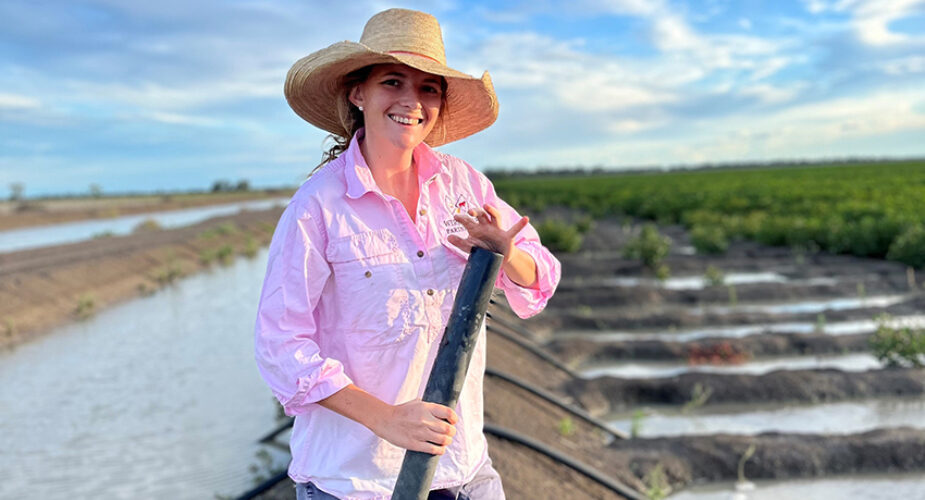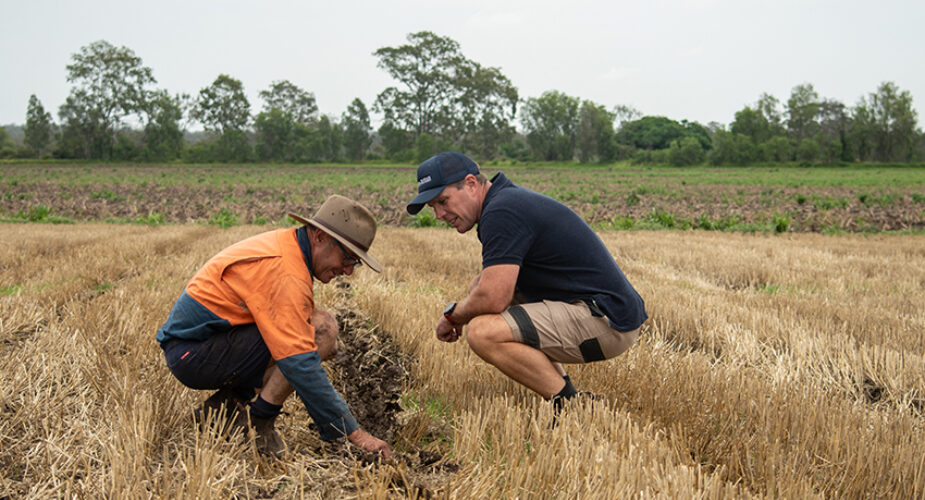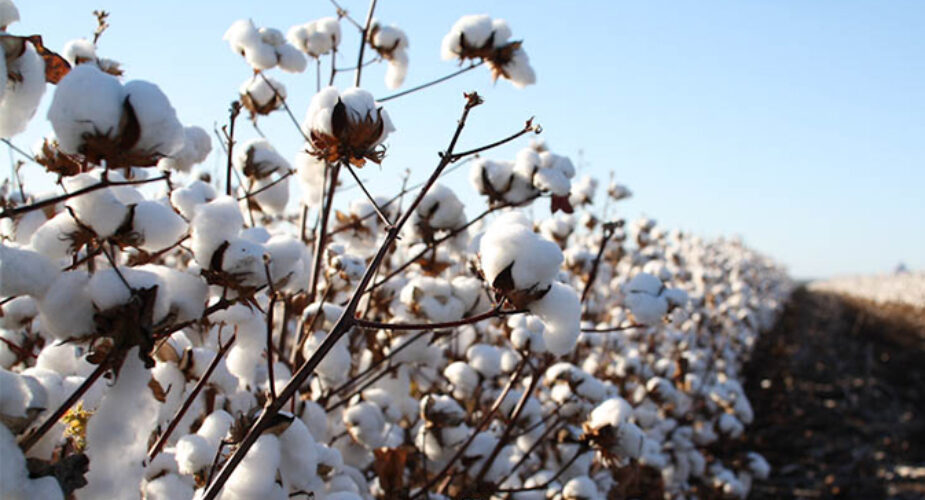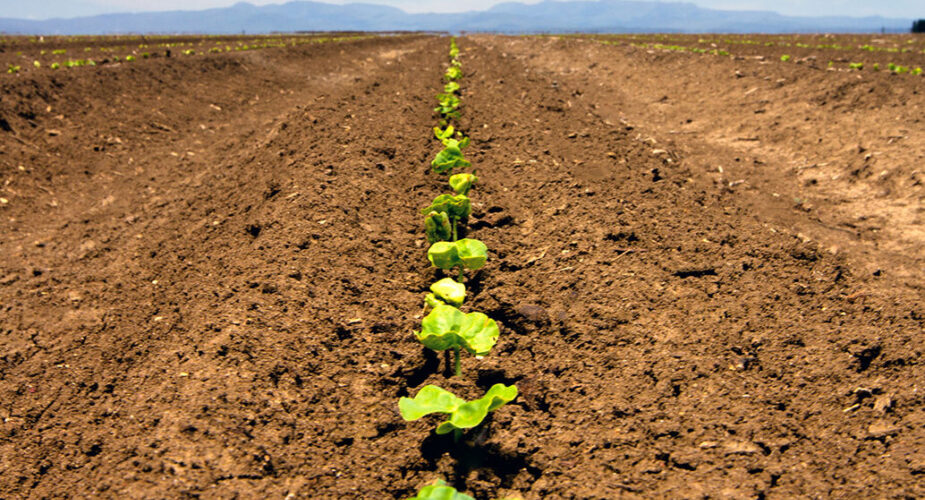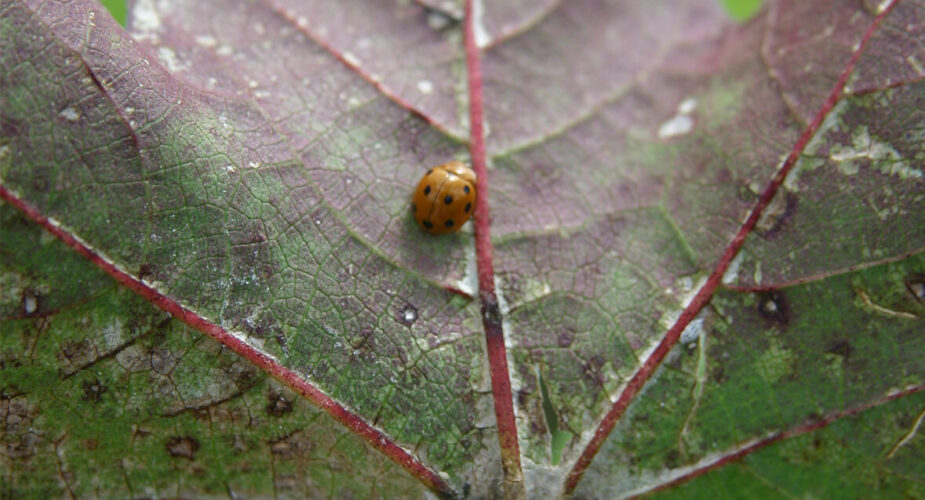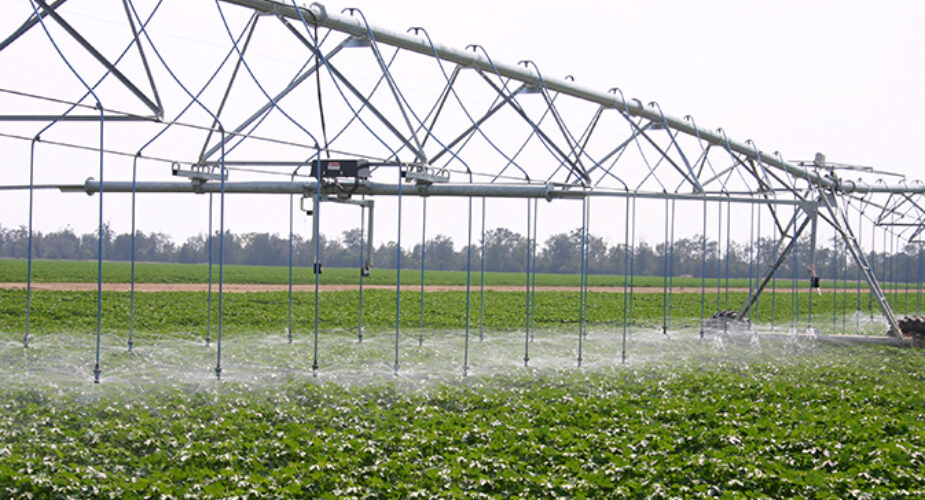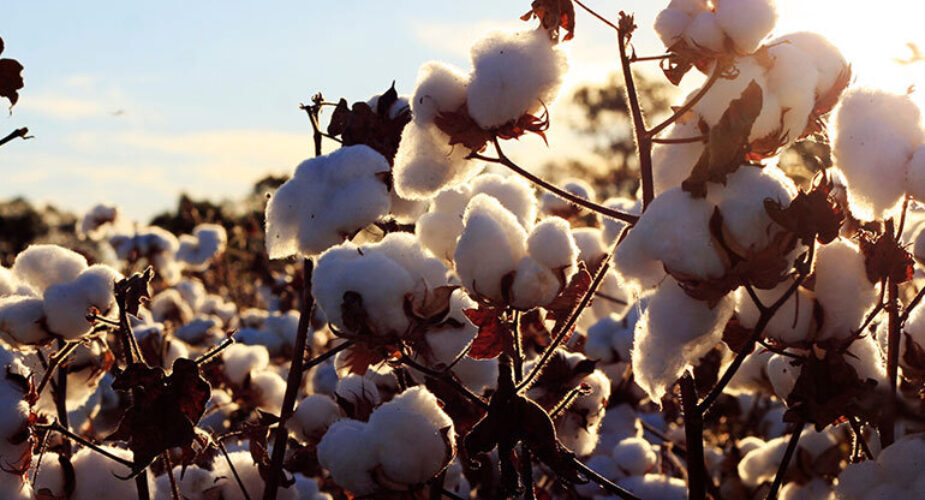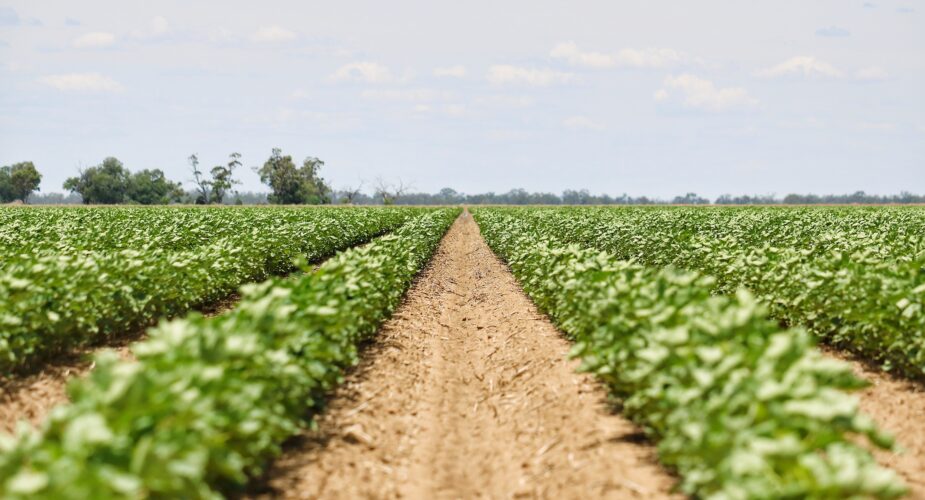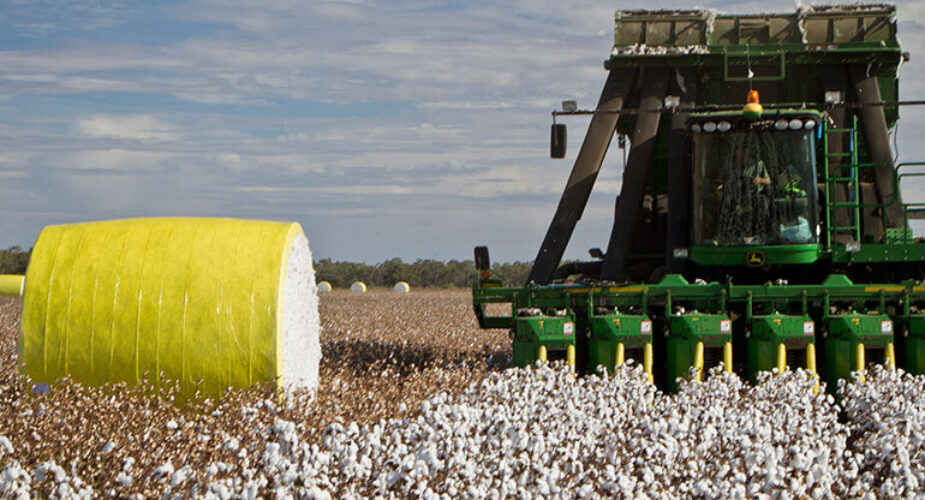Cotton Australia resources - Primary
A Year on a Cotton Farm – Practical Investigation
Who: Years F to 6.
What: Students learn about where their clothes come from focusing on the natural fibres from cotton. They will also learn about the regions of Australia where cotton is grown and what makes them suited to cotton production. Students will also examine the life cycle of a cotton plant, creating a scaled timeline and examine the jobs performed by cotton producers throughout the seasons in Australia.
Australian Curriculum V9: Design and Technologies, Science & Science Inquiry.
Publisher: Cotton Australia and Primary Industry Education Foundation Australia 2025
Sustainable Practices on a Cotton Farm – Lesson & Activity Guide
Who: Years 3 to 6.
What: Students will examine sustainability in the Australian cotton industry by exploring three key areas through video observations and worksheet activities. They will also meet some cotton growers who use sustainable practices and use their creativity to recount sustainable practices. Additionally, students will gain insights into the properties of cotton fibre and express this understanding by crafting an informative and visually appealing bookmark.
Australian Curriculum V9: Design and Technologies, Science
Publisher: Cotton Australia and Primary Industry Education Foundation Australia 2025
Sustainable Practices on a Cotton Farm – Lesson & Activity Guide
Growing Cotton in the Classroom – Practical Investigation
Who: Years F to 6.
What: Students observe the characteristics of cotton seeds and conduct an investigation over a number of weeks, enabling them to pose questions, make predictions and observations, record measurements, communicate findings, and reflect on the development of cotton seeds into plants. This lesson is differentiated to allow students of varying abilities and different year bands to conduct appropriate investigations.
Australian Curriculum V9: Design and Technologies, Science & Science Inquiry.
Publisher: Cotton Australia and Primary Industry Education Foundation Australia 2025.
Cotton Activities for Primary School Students
Who: 1-6
What: This set of six activities are all hands-on STEM-inspired projects that can be carried out at home or in the classroom. Projects target the three primary school stages and include a cotton hunt, design and make, scientific investigation and deconstructing a plant to study its features.
Australian Curriculum: Stage 1 focuses on representing data with objects and drawings in the first project and then investigating living things. Stage 2 focuses on biological sciences and distinguishing living from non-living things and life cycles. Stage 3 focuses on design and technology in the first activity and science inquiry skills in the science investigation project.
Publisher: Cotton Australia
Introduction to Cotton (K-2)
Who: K-2
What: This lesson is a great introduction to cotton from growth to end product with least emphasis on spinning and weaving. This lesson looks at how the cotton plant grows, the needs of the plant (e.g. sunlight, water, nutrients) and helps students understand how their daily needs are being met.
Australian Curriculum: This lesson helps identify how people design and produce familiar products and consider sustainability to meet personal and community needs. It allows students to explore how plants and animals are grown for food, clothing and shelter and how clothing is created sustainably for year 2 design and technologies. It also helps students understand how living things grow, change and have offspring in a variety of ways in the biological sciences whilst enabling students to understand the connections of people in Australia to other places in Australia and the world in geography.
Publisher: Cotton Australia
Introduction to Cotton (3-6)
Who: 3-6
What: This lesson is a great introduction to cotton from growth to end product with least emphasis on spinning and weaving. The lesson touches on how the natural environment has been modified to suit our needs (e.g.land cleared, channels dug to divert water, laser levelling), environmentally friendly practices (e.g. water use recycling) and the end use for a variety of cotton products. There are worksheets and extension activities.
Australian Curriculum: Design and Technology, Geography, Science
Publisher: Cotton Australia
Australian cotton plant adaptations
Who: Stage 3. Year 5
What: This 40-50 minute lesson enables students to discover some of the structural features and adaptations of the cotton plant that helps it to survive and thrive in Australia.
Australian Curriculum: Science Understanding / Biological sciences / ACSSU043
Publisher: Cotton Australia 2017
Cotton farmers love ladybirds
Who: Years 1-2
What: This five lesson mini-unit uses ladybirds for students to gain an understanding about beneficial insects and their vital role on a cotton farm. Once prior learning is identified, students focus on the insects lifecycle and anatomy, habitat where their needs are met and to end the unit, look at how farmers use science in their daily lives which include caring for their environment and living things.
Australian Curriculum: Science
Publisher: Cotton Australia
Water and irrigation technology on a cotton farm in Central Queensland
Who: Years 1 – 6
What: A presentation for primary school students about water use on cotton farms in Australia. It includes information and images about what water is used for, where the water comes from, how the water is stored and how it is used to water the cotton crop. It also features a comparison of how water is conserved in schools and on cotton farms and a video link showing how to start a syphon.
Australian Curriculum: Design and Technology, Geography, Science
Publisher: Cotton Australia
From Seed to Sock
Who: Year 6
What: These activities focus on the need for water sharing within the cotton industry and involve students in a range of engaging activities, including concept cartoons, circles of concern, multimedia clips and games.
Australian Curriculum: Science - Stage 3. The growth and survival of living things are affected by physical conditions of their environment (ACSSU094). Sudden geological changes and extreme weather events can affect
Earth’s surface (ACSSU096).
Publisher: Cotton Australia & Primary Industries Education Foundation Australia
All About Cotton Maths Challenge
Who: Years 3-4
What: Australian Curriculum: Represent money values in multiple ways and count the change required for simple transactions to the nearest five cents (ACMNA059). Collect data, organise into categories and create displays using lists, tables, picture graphs and simple column graphs, with and without the use of digital technologies (ACMNA069). Solve problems involving purchases and the calculation of change to the nearest five cents with and without digital technologies (ACMNA050). Construct suitable data displays, with and without the use of digital technologies, from given or collected data. Include tables, column graphs and picture graphs where one picture can represent many data values (ACMSP096).
Publisher: Cotton Australia & Primary Industries Education Foundation Australia
Other resources - Primary
- Using Water sustainably through science
- Investigating key Australian fibre production practices in the cotton, timber and wool sectors
- Navigating primary industries into the 21st Century
- Biomes that produce our food, industrial materials and fibres
- Determining the probability of good day for sowing cotton
- Cotton in the Wardrobe – needs a Scootle login,
